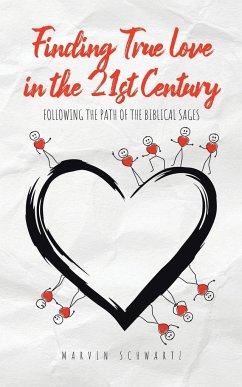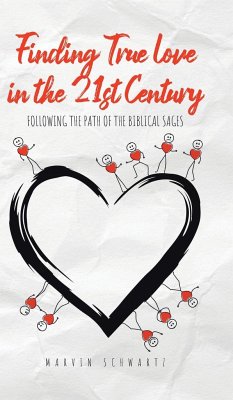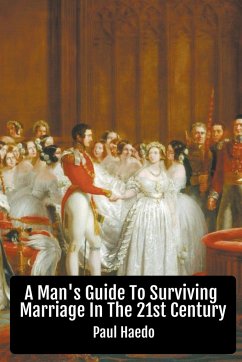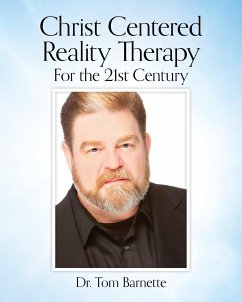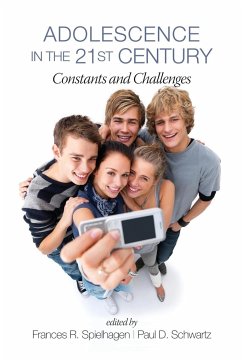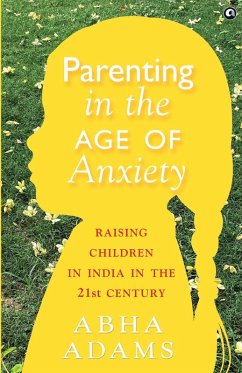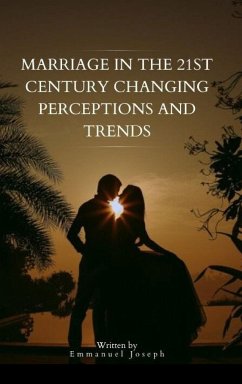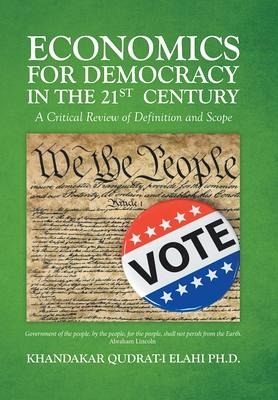
Economics for Democracy in the 21st Century
A Critical Review of Definition and Scope
Versandkostenfrei!
Versandfertig in über 4 Wochen
46,99 €
inkl. MwSt.
Weitere Ausgaben:

PAYBACK Punkte
23 °P sammeln!
This book critically reviews a century-old controversy on the definition and scope of economics. Nevertheless, the book's main title is ECONOMICS FOR DEMOCRACY IN THE 21ST CENTURY, while this thematic idea has been chosen as its sub-title. Thee decision is strategic. In finalizing the manuscript, the author realizes that the fundamental weakness of modern economics lies in its methodology. The basic market model used to study the economy of an independent state is not in harmony with its political system. This model conceives the economic man as a natural person who is interested only in maxim...
This book critically reviews a century-old controversy on the definition and scope of economics. Nevertheless, the book's main title is ECONOMICS FOR DEMOCRACY IN THE 21ST CENTURY, while this thematic idea has been chosen as its sub-title. Thee decision is strategic. In finalizing the manuscript, the author realizes that the fundamental weakness of modern economics lies in its methodology. The basic market model used to study the economy of an independent state is not in harmony with its political system. This model conceives the economic man as a natural person who is interested only in maximizing his selfishness. This is possible only on an isolated island, not in the political society in which we live. Here, we are all law-abiding citizens who have both rights and obligations. An economy is a default creation of establishing an independent state, meaning the economy cannot be an isolated island. Then, the economy is under the direct control of the government, although the private sector is overwhelmingly in charge of its operation. Therefore, an economy, conceived separate from its political system, is factually false, making its study scientifically weak and politically unacceptable. This book is an exploratory attempt to highlight this methodological weakness to the social scientists and political leadership in particular and urban elite in general.



